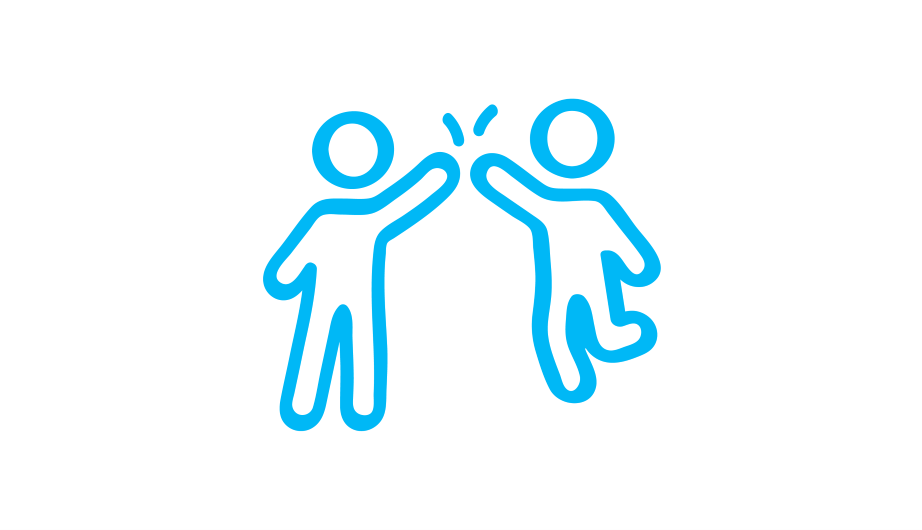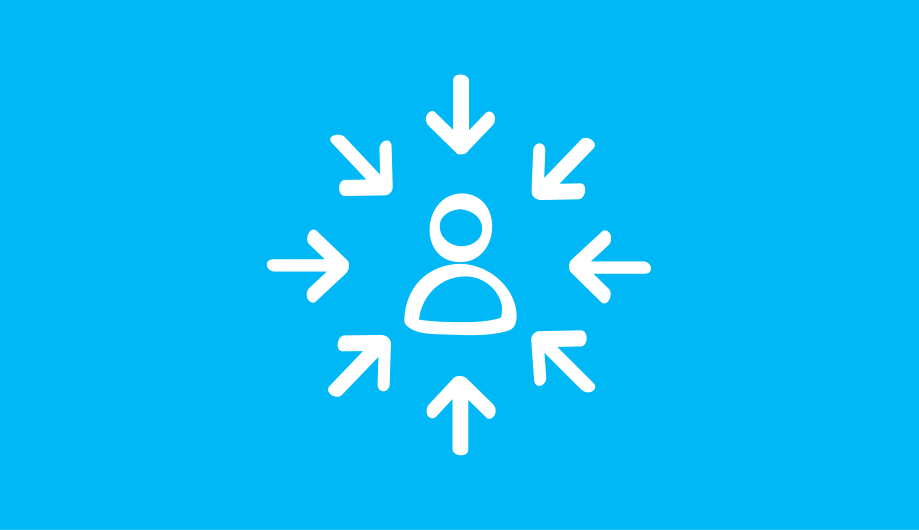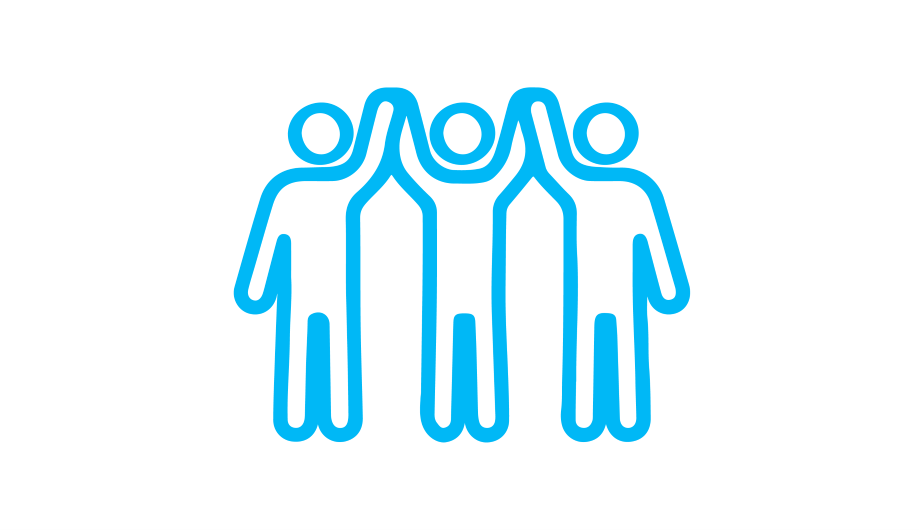
Resource: Planning for Adulthood
Information packs for families faced with their relative’s transition to adult services or moving from one type of care placement to another. The packs are available for England, Wales and Northern Ireland.

We all think about the future, some of us more than others. When your relative has severe learning disabilities and displays challenging behaviour, their needs will be more complex. Because of this it is a good idea to plan ahead and to think of all possibilities, especially during transition to adult services or if moving to a house or flat which will require staff.
Download the Information Sheet: Transition and moving services
People with severe learning disabilities who display challenging behaviour have the same rights as everyone else, to:
However, the person will need help and support to achieve these rights. Other people may also need to adapt, which is why careful planning is important.
A good service or support package should let a person with severe learning disabilities and challenging behaviour live an ‘ordinary’ life. They should have choice and control over their life, and may need to be supported to do this. The local services that are already available may be suitable or may need to be adapted to suit the person. If the options available are not right for the person, then something new must be created especially for them.
Read the Challenging Behaviour Foundation’s information pack ‘Planning for Adulthood for more information on: Person centred planning; Safeguards; Choices; Frequent challenges; Funding; Changes to rights at adulthood; Who can help; and Questions to ask providers.
Download the Information Sheet: Transition and moving services

Information packs for families faced with their relative’s transition to adult services or moving from one type of care placement to another. The packs are available for England, Wales and Northern Ireland.

Quick read guide on teaching new skills with a complete information sheet available to download, which includes strategies for learning new activities and communication and coping skills.

Read this topic sheet to understand how to set up a circle of support (also known as circle of friends) around your relative to share caring responsibilities.